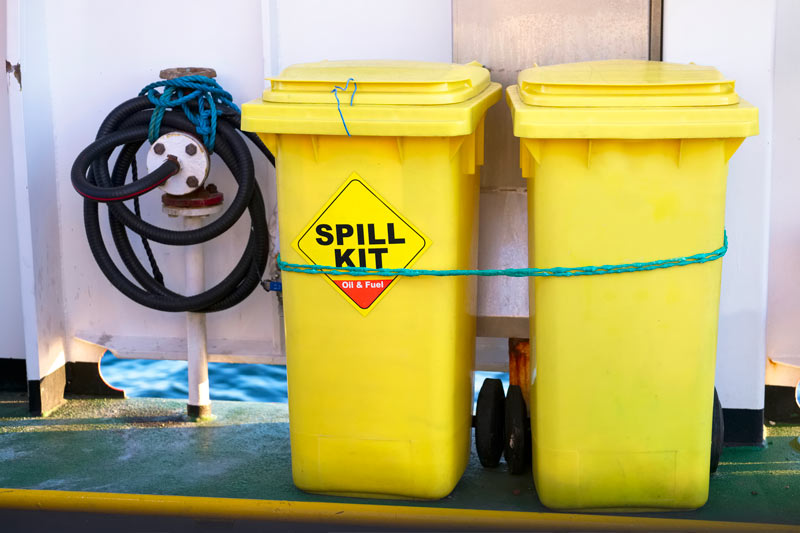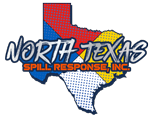What Is Soil Remediation?
The term remediation is defined as the action of providing a remedy to a problem. So, when used in conjunction with the word “soil,” remediation is for the purposes of stopping or reversing damage to the soil. How does one’s soil become damaged? Soil can become damaged or polluted when it becomes contaminated with hazardous material such as oil, gasoline, or other hydrocarbons. Soil remediation incorporates the application of proven technologies that were developed over time to mitigate any harmful effects to human health, animals, and the surrounding environment. While contaminated soil is often the result of unregulated or under-regulated waste disposal practices of previous tenants or owners, much of the remediation work that we provide is a result of gas and oil spills. Regardless of if you own a business or residential property, you are responsible for ensuring the soil on your land remains compliant with all regulations.
What Is The Soil Remediation Process?
Most people understand the need for expediency when an oil spill or fuel spill occurs, but they’re usually only concerned with stopping the spill emissions and then removing the contaminants from the visually impacted areas. But, without removing the contaminants from the soil and groundwater, there may be significant health risks to humans, animals, and plants in the contaminated area. Before we begin the remediation process we must evaluate your site and develop a strategy that’s specific to your situation. The goal is to determine the extent and nature of the contamination. Once armed with this research, we will determine if the site can be cleaned in-situ, which means where the soil is now, or ex-situ, which means removing the soil from its location and transporting it to another area where it can be spread out and treated. Depending on the type of contamination, we will treat the soil with bioremediation or thermal remediation.
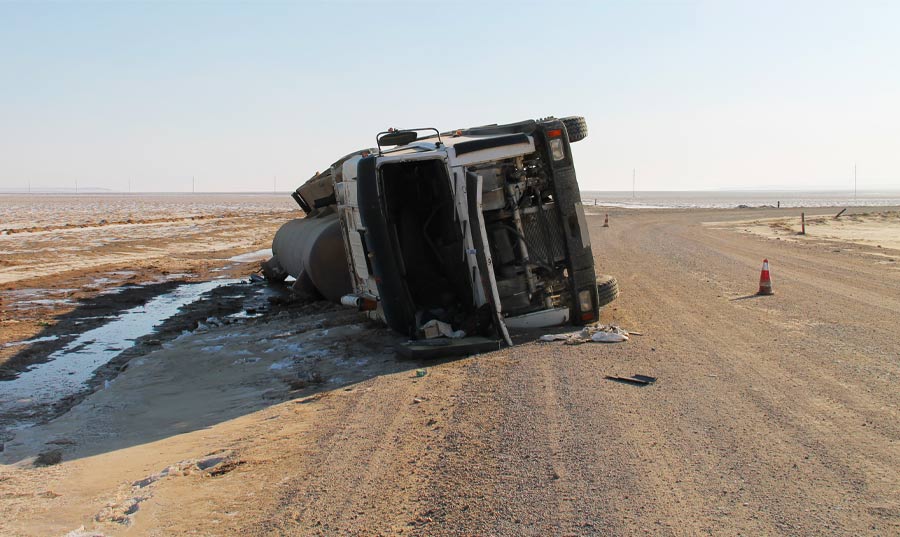
We Provide Customized Spill Cleanup And Remediation Services!
Each and every hazardous material release into the environment requires its own unique environmental remediation strategy as it involves many levels of consideration and decision making for its proper completion. At North Texas Spill Response, we’re available at a moment’s notice to provide your business the support and cleanup during an accidental hazardous material release.
Environmental Protection Agency Penalties For Non-Compliance
In 1980 the US Congress enacted legislation that provides a Federal Superfund, directed by the EPA, the authority to clean up controlled or abandoned hazardous-waste sites as well as accidents, spills, and other emergency pollutants and contaminants that are released into the environment. This act gives the EPA the responsibility to find potentially responsible parties, (PRPs) and then requires them to clean up the polluted soil or pay to have the soil cleaned up. And, while the penalties for a failure to clean the contaminated soil vary depending on the severity and other factors, the fine in the legislation allows the EPA to seek up to $37,500 dollars for each day that the property remains out of compliance. In 2013, the owner of P&W Waste Oil Services out of Wilmington, North Carolina pled guilty to violations of the Toxic Substances Act, admitting to the unlawful handling of toxic substances that resulted in widespread contamination. He was ordered to pay $19 million dollars for cleanup costs. And, as they say, ignorance of the law does not alleviate responsibility. So, regardless of your situation, please consider contacting North Texas Spill Response for an on-site consultation where we can take a look at your facility and help you determine if there are any contaminated areas or issues of concern. The best way to respond to a potential out-of-compliance issue is to be proactive.
Methods To Remediate Contaminated Soil
Chemical Oxidation
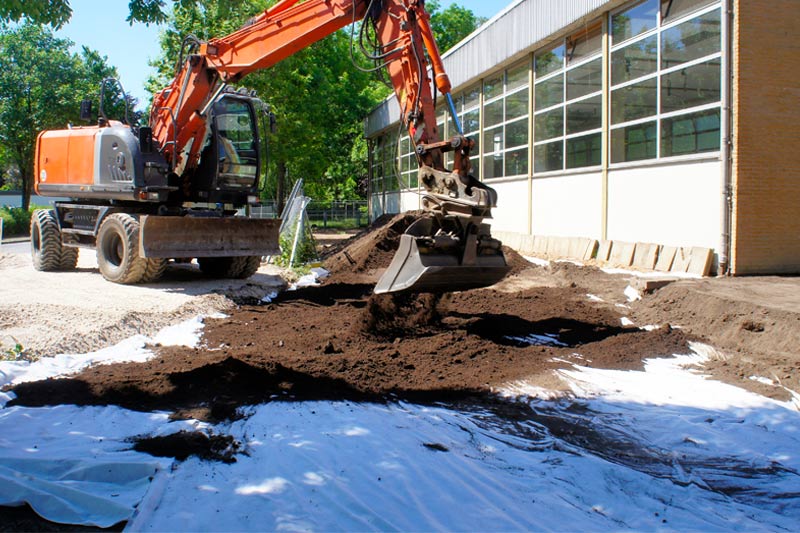
The use of chemical oxidation to remediate soil includes a variety of liquid and dry reagents that act to convert the contaminants in the soil to more stable and less toxic compounds. Regardless of if this is done in-situ or ex-situ, the application is the same and the chemical reaction allows for the removal of the contaminants.
Thermal Remediation
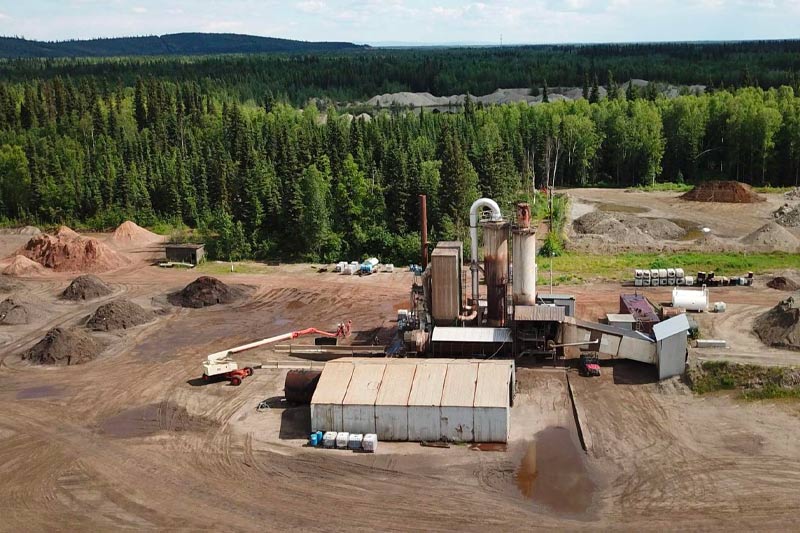
Thermal remediation treatment is adding heat to vaporize contaminants in the soil. Once the contaminants are heated they are either destroyed entirely or transformed into gas where they are treated further using various methods. Low-temperature treatments range from 300° F to 1000°, whereas high-temperature treatments can get as hot as 2,200°.
Bioremediation
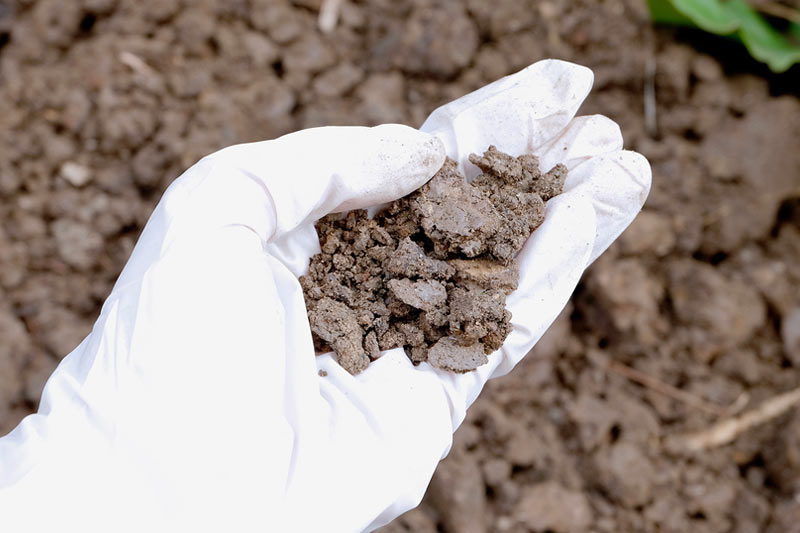
Bioremediation of soil uses certain plant species or micro-organisms to degrade the soil. This biological activity breaks down the contaminants and either removes them or immobilizes them for easy removal. While the costs associated with bioremediation are lower than other remediation treatments, the time it takes to complete the process may be in terms of years.
Responding To A Hazardous Material Release
Your Level Of Preparedness Shapes Your Response
The most effective way to ensure that your business does not need the expense related to remediation services is to be prepared and respond in a timely manner. A speedy response to a hazardous material release is a major component of preparedness and should be emphasized to each employee who has knowledge of the steps taken once a spill occurs. Regardless of the size of the spill, speed, precision, and safety should be your main concerns. When the release of hazardous material does occur your response should include the following steps.
- Evacuate all personnel from the area where the spill occurred.
- Identify the hazardous material that was spilled.
- Contact your spill response team and relay the type of spill that has occurred.
- Block off the area where the spill occurred.
- Disconnect all potential sources of ignition.
- If the hazardous material that was spilled is flammable notify the fire department.
The most efficient way of ensuring your Plano business remains compliant with all of the regulations surrounding a hazardous material spill is to have a relationship with an environmental services company you can trust. North Texas Spill Response is HAZWOPER certified to provide emergency spill response services and compliant hazardous waste disposal. Contact us to schedule an on-site consultation at 940-310-7193.

